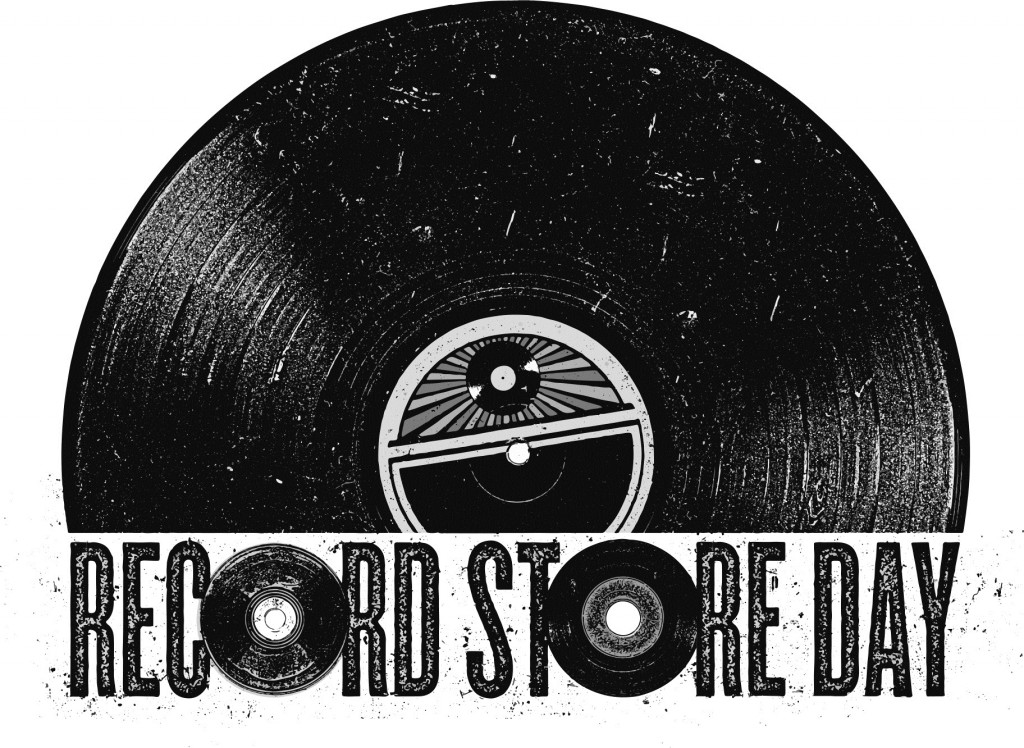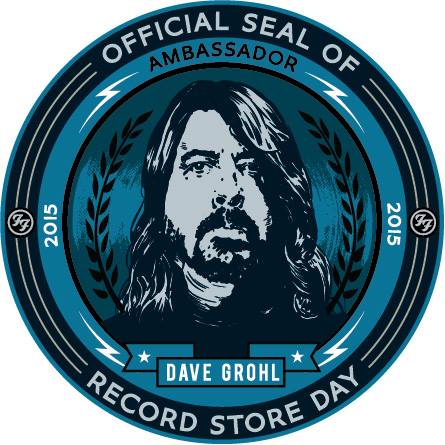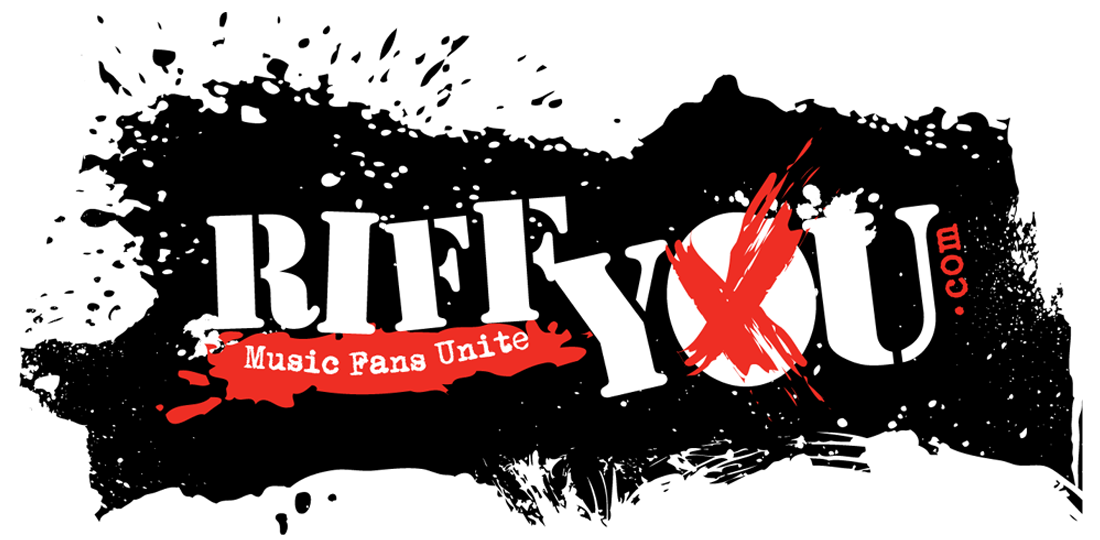Interview: In Defence of Record Store Day
“We are not trying to bone people up the Aristotle here,” contends Record Store Day Canada  Chairman, Tim Baker, when asked by Riffyou.com about the Record Store Day pricing, one of the many things detractors of the event like to take shots at.
Chairman, Tim Baker, when asked by Riffyou.com about the Record Store Day pricing, one of the many things detractors of the event like to take shots at.
Of late, Record Store Day has become as whipped by the Internet commenter and certain editorial communities, as it has been celebrated and looked forward to by those who want to take in the sights and sounds of the music fan’s second Christmas. Baker, to his credit, has done his best to tune out the former and appreciate the latter.
“When I read comments like ‘Record Store Day has become so corporate,’ [I think] that these people have no idea what they’re talking about,” confidently proclaims Baker. “The majority of the product that is actually for sale on Record Store Day is independent product – regardless of if it is distributed by a major label or not.
“There is a lot of misinformation out there, but there’s not much we can do about that,” he continues. “To be honest, I don’t get upset about it anymore. This is a time of year for me where the glass is half-full, not half-empty. But, there’s always going to be people who want to take shots at this, that, or the other – unfortunately, those are the squeaky wheels that get oiled.”
Now in its eighth year, Record Store Day still has one primary objective: bringing fresh faces into independent record shops and showing them that there’s a world outside of downloading and streaming services. This, explains Baker, is a necessity if shops hope to stay in business.
“The one thing that people and an awful lot of the independent [stores] have to realize is that we are not museums. It’s great to come in and look around, but you want people to buy so that you can stay in business,” says Baker. “We’ve taken a bit of a shit-kicking over the last 10-12 years because of downloading. Eventually, it has to be realized that we need new customers.”
Last year – amidst a bunch of bands you’d expect to see a Record Store Day release from – was a vinyl offering from British boy band One Direction. While largely out of place by comparison to what sat on the shelf next to it, Baker recalls that One Direction vinyl being one of 2014’s biggest draws. Not all stores carried it, but for those who did, they at least for that day were reaching a different audience.
The usual Record Store Day crowd generally consists of passionate music aficionados, snobs, collectors and those who want to turn a quick buck. As reported earlier this month, various Record Store Day 2015 titles appeared on eBay well ahead of their April 18 release date.
“Everybody wants to talk about…‘oh, the albums are already up on eBay.’ Well, I could put myself up on eBay, but that doesn’t mean I’m for sale,” notes Baker. “That’s the same deal with Record Store Day stuff – you get a lot of people counting on the fact that they’re going to walk into their local record shop and come away with some of the music they’ve already posted on eBay. We can’t stop that. The only people we can stop are people who are actually in our business doing that.”
In 2014, Baker – thanks to the assistance of concerned customers – gave three Canadian retailers “the death penalty” because they failed to play fairly: albums were hidden behind counters for staff members; premature online sales took place; and albums were being sold in-store ahead of Record Store Day.
The challenge at hand, however, is keeping an eye on consumers that use Record Store Day to purchase a ton of desirable product in-store, with the goal of flipping it on eBay or elsewhere. In an attempt to mitigate this behaviour, Baker says that there’s a hard-and-fast rule that an individual can’t purchase more than one of a specific item. Baker’s personally refused selling four of the same U2 record to a customer that demanded he be allowed to purchase them all.
This gentleman exited the store empty-handed.
Staff is also asked to watch out for suspicious behaviour, including those who try and nab one of everything on the shelf.
“If somebody comes into a store and tries to buy one of everything, then it is up to that store and its staff to say, ‘hey, wait a second, fuck off,’” relays Baker. “We like the staff to use common sense.”
As for the pricing of said vinyl and other Record Store Day exclusives, Baker recalls never having anyone personally complain to him about how much a product costs. He says that the educated buyers have an understanding about how much they should be paying for an album.
“We are not saying, ‘what’s this worth to you?’ It’s up to you,” explains Baker. “We don’t force people to buy stuff. We really don’t. We’re not trying to hold things above people’s heads. We try to  price things reasonably. We’ve always done that.”
price things reasonably. We’ve always done that.”
The challenge for Record Store Day (especially for Canadian shops who have to deal with a weakened dollar when ordering product from the US) is making sense of the economics. Baker, who has a huge hand in bringing product into Canada’s Sunrise Records, says that he’s had to avoid ordering certain titles because the cost to do so was too high. He can’t justify selling a 7” for $20, thus he’ll avoid the record all together. As for the labels, Baker confirms that Record Store Day can’t tell them how to price their albums, so stores have to manage their pennies as they see fit.
“We make a reasonable markup,” says Baker, before adding that it’s nowhere near the 50% markup many believe is happening.
“The only thing that is really important is that those customers come in, get what they really came in for and walk out with smiles on their faces,” concludes Baker. “I’ve been doing this now for eight years and I love watching people in line looking at all the stuff that they got…and you can see the happiness that is on their faces.”
-Adam Grant
Please be sure to follow us on Twitter @riffyou and at Facebook.com/riffyou.

































